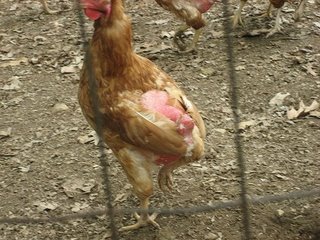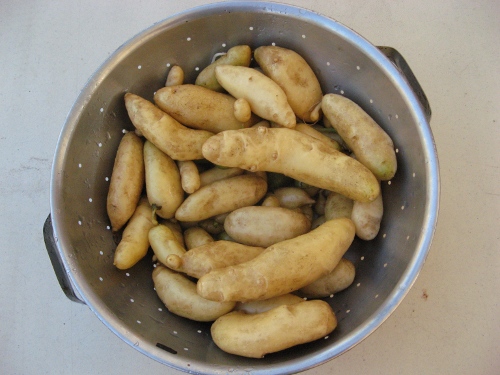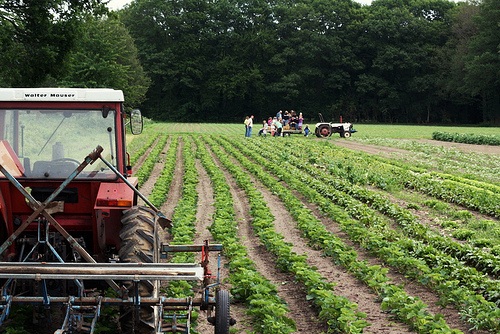 Does Monsanto own Seeds of Change? I hear this question a lot. It shows up on message boards around the internet. It’s even been passed to me as an email forward. The quick answer is “No, Monsanto does not own Seeds of Change.”
Does Monsanto own Seeds of Change? I hear this question a lot. It shows up on message boards around the internet. It’s even been passed to me as an email forward. The quick answer is “No, Monsanto does not own Seeds of Change.”
Why do people keep asking if Monsanto owns Seeds of Change? Consolidation of agricultural companies in the 1990s and 2000s have kept organic advocates on their toes looking out for their own interests and right to do business as they see fit. Particularly relevant to this discussion is Monsanto’s purchase of Seminis, Inc. (a major vegetable and fruit seed company) in 2005.
Seminis — a major seed company
Seminis, Inc. was formed in 1994 to consolidate several smaller seed companies and ended up (after several more buyouts with 40% of the U.S. seed market and 20% of the worldwide seed market – most of that market for commercial seed varieties, the fruits and vegetables that end up in the produce section of your local grocery store or in the canned foods section.
Seminis was known – and still is – for producing high-quality seeds with superior disease resistance and other important commercial traits from traditional breeding methods.
Organic growers are allowed to use non-organic seed sources if there is no organic seed source available to them. (There are more rules and conditions organic growers must meet in order to be certified organic, but I’m keeping it simple for now.) Seminis supplied a large number of organic growers with their seed annually.
Seminis also supplied varieties of seeds to seed companies that many home gardeners are familiar with, such as Johnny’s Selected Seed, Territorial Seed Company, and Stokes, to name a few.
Monsanto and Seminis
When Monsanto bought Seminis in 2005, concerns that organic growers would lose access to varieties of non-GM seeds showed up in articles and discussions throughout the organic community. Monsanto and Seminis had worked together before the buyout to create a Roundup-Ready lettuce and other fruits and vegetables were under consideration for genetic modification. Monsanto is also known for its aggressive marketing tactics, anti-labeling push, and, recently, a lawsuit against the federal government for applying the law to Monsanto’s alfalfa.
 Seeds of Change
Seeds of Change
Seeds of Change is a small seed producer, formed in 1989 to promote organic agriculture and ensure that organic growers have access to quality organic seeds. All their offerings are 100% certified organic. GM-seeds can never be certified organic, according to the law, so Seeds of Change offers no GM-seeds. They grow all their seeds they offer and do not purchase seeds from other companies and resell them.
So, while many seed companies had to consider the implications of selling Monsanto-owned seed varieties, both in terms of what kind of seeds (genetically-modified or not) and in terms of how their customers would perceive them, Seeds of Change did not. Seeds of Change did not buy their seed stock from Seminis.
What may have added to the confusion was the ownership of Seeds of Change by Mars, Inc. Mars is a large food company based in the United States and an organic food division would seem to be a natural direction of growth for the company. Mars had purchased Seeds of Change in 1997, but the association in the minds of many consumers is of a large multinational corporation with the small organic seed company.
Seeds of Change and Monsanto have no connection
Seeds of Change did not change any of their products from organic and still maintains the same commitment to organic growing that they had when they started in 1989. As Seeds of Change staffers often tell individuals who ask, there is no connection at all between Seeds of Change and Monsanto.
Image credit: Creative Commons photo by sbocaj.




![Food & Climate Change [VIDEO]](https://eatdrinkbetter.com/wp-content/uploads/2010/07/climate-change-agriculture.jpg)


